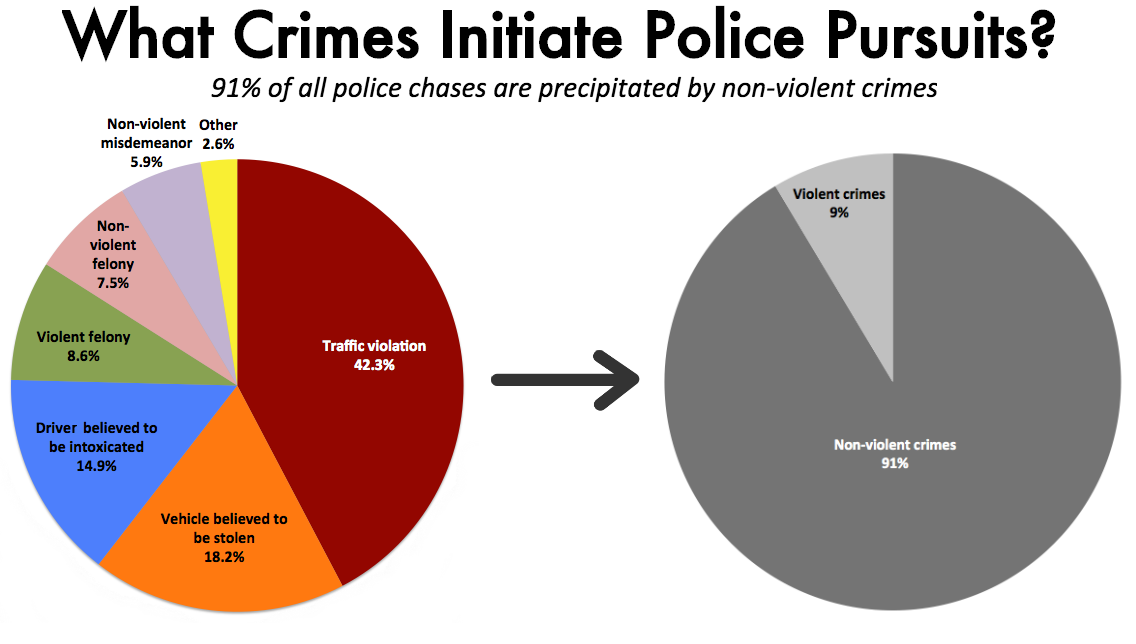White people, I’m talking to you. THIS. IS. YOUR. PROBLEM. TO. FIX. Y’all got some work to do, because this system that y’all keep on privileging from, you’ve got to help us dismantle it. Because those of us who are Black and Brown. We have tried. You created this robot, and it is yours to deactivate. My skinfolk don’t have the passcode. This is your monster to slay.Bingo! That's exactly right. We can't expect poor, disenfranchised people, the formerly incarcerated, the victims of systemic discrimination, to by themselves overturn a system based on discrimination against them unless we expect it to be done through violent revolution, a prospect which seems as unwise as its success seems unlikely.
This stuff only changes if white folks pitch in and do some heavy lifting, which is why I couldn't disagree more with the DMN's very first suggestion, paraphrasing Ms. Luvvie: "Hear how black people feel and do not debate it."
Really? Just, white people shut up? How's that going to help, given that the only white folks who will comply with that demand are allies, not critics? It's certainly not reflective of a dialogue. And in fairness, that overstates what the blogger said by omitting the preceding sentence: "Take some time to listen to what Black people are saying. Hear how we feel, and do not debate it." She's not saying never engage in conversation, just that white folks should listen and think for "some time" before speaking. Another item references moments "When you don’t have the words to speak up," but that implies speaking up may still be appropriate when the words arrive.
Regardless, this suggestion brings to mind three contrarian thoughts. First, as far as I'm concerned, the most respectful sort of listening is active listening which engages the discussion as a participant. People generally don't learn as much from lectures by others as we do from conversations with them.
Second, if I'm being asked not to debate your "feelings," that's one thing. You're after all entitled to them. If you're sad, I can't convince you you're happy and it'd be pointless to try. But if your feelings stray into the public policy realm - for instance, on the question of "what's the best way to reduce police violence against unarmed citizens?" - what you say rightly may be debated, regardless of one's feelings. That's supposedly how the democratic system ferrets out error, which Thomas Jefferson said may be tolerated because reason remains free to combat it. Anyway, since when do newspapers call for less debate?!
Third, and perhaps most importantly, the main thing the blogger wants white people to hear about is black folks' fear: "Because there is a trauma that goes from your head to your toes that cannot be explained but it is there. We carry it with us everyday. The way our heart quickens when we see a cop, even if they’re just walking by us. The way it feels when we watch our men and boys leave the house, unsure of whether they will walk through that door at the end of the day."
I'm willing to listen to fearful folks but that doesn't mean their requests must be honored until their fears are resolved, just as a police officer's fears at a traffic stop can't be completely determinative. Indeed, it was crime victims' fear, including black crime victims, which drove mass incarceration, the drug war, militarization of police, and all of the tuff-on-crime policies the Black Lives Matter movement today decries. Grits sees few prospects for a long-term, stable outcome on these questions if the public is only ever offered competing fear-based ideologies with so little room for compromise, especially when they're presented as things which cannot be debated.
Yes, these are difficult problems. But they're not insoluble. And they're not so painful they cannot be discussed nor debated. In the end, to find solutions will require everyone involved to face their fears, not just reflexively seek to enshrine them into statute.



.jpg)